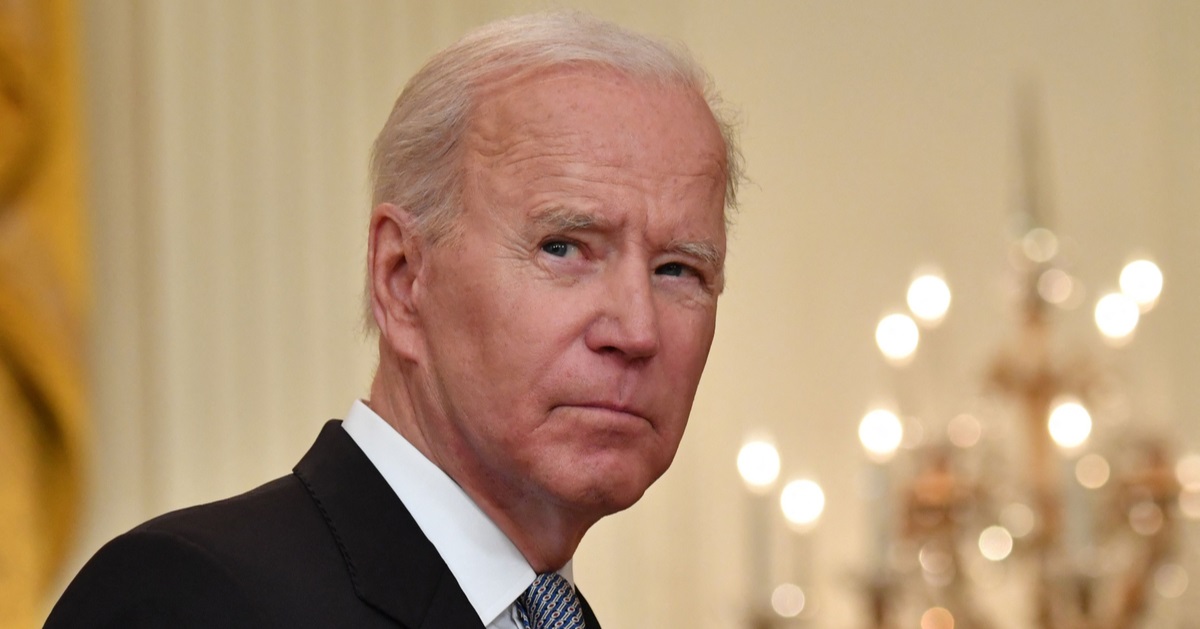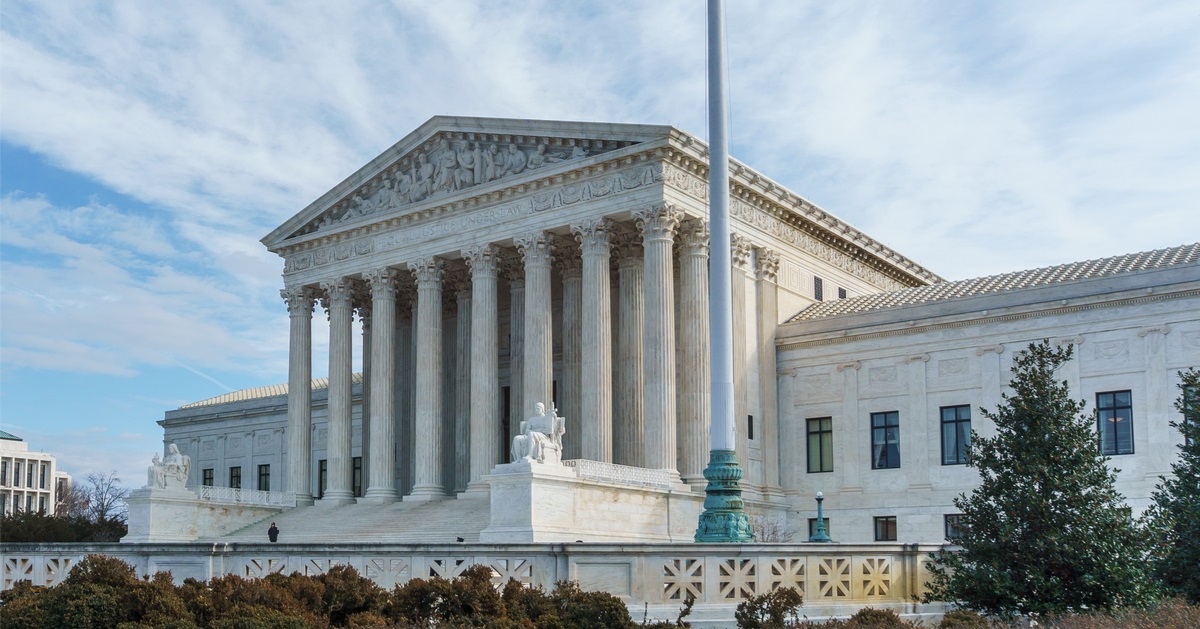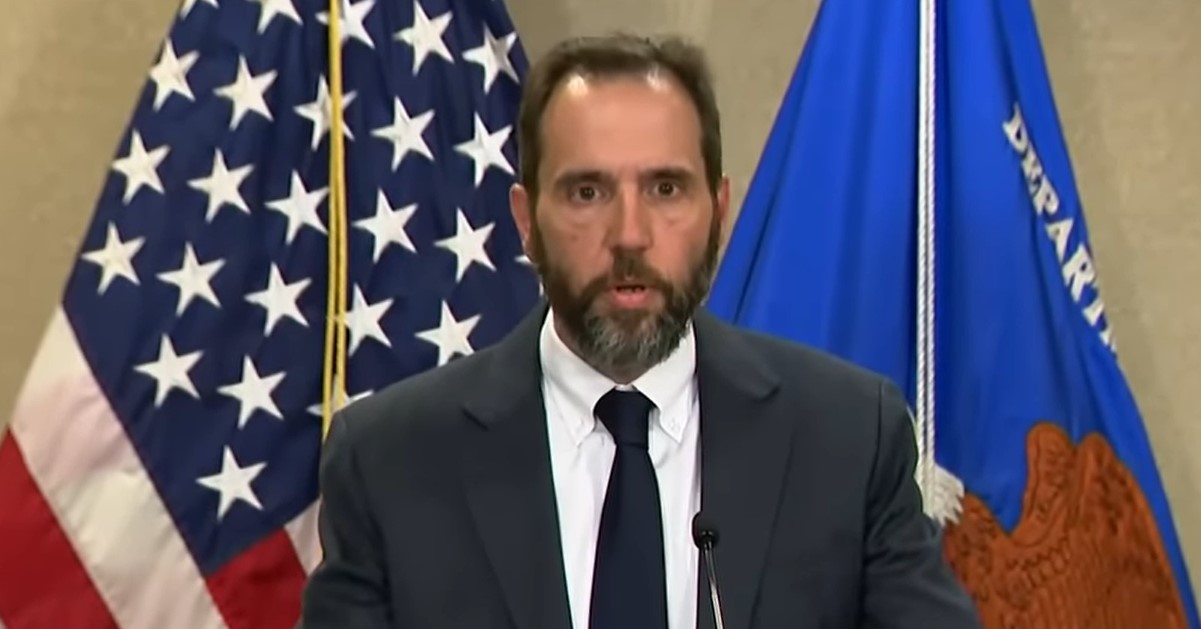British broadcaster under heavy fire for suggesting Biden should 'have Trump murdered' following SCOTUS immunity ruling
Following the Supreme Court's Monday ruling on former President Donald Trump's claim of immunity from criminal prosecution, there was in response an eruption of over-the-top hyperbole and rhetoric from the left that stretched the majority's decision far beyond reason.
That included absurd predictions that presidents could now literally get away with murder, which prompted one British broadcaster to urge President Joe Biden to "have Trump murdered" given that he posed a "threat to America's security," according to the New York Post.
That broadcaster, the BBC's David Aaronovitch, has since deleted the controversial social media post and claimed it was meant only as "satire," albeit after he endured a purported "far-right pile-on" of sharp criticism for his outrageous remarks.
BBC host says Biden should "have Trump murdered"
In the since-deleted post, Aaronovitch wrote, "If I was Biden I’d hurry up and have Trump murdered on the basis that he is a threat to America’s security."
That was almost certainly in reference to the Supreme Court's ruling that presidents enjoy absolute immunity from prosecution for their core constitutional duties and presumptive immunity for their "official acts" while in office, but not for any private or "unofficial" acts that could be prosecuted if deemed criminal.
Under justifiably heavy criticism, Aaronovitch took down the message but wrote in a follow-up post, "There’s now a far right pile on suggesting that my tweet about the Supreme Court’s ruling on presidential immunity is an incitement to violence when it’s plainly a satire. So I’m deleting it. If nothing else though it’s given me a map of some the daftest people on this site."
Liberal jurists worried a president can now murder critics and opponents without accountability
To be sure, the BBC's Aaronovitch likely didn't come up with his "have Trump murdered" post all on his own, but rather was likely inspired by two of the liberal members of the Supreme Court who authored fierce dissents against the majority that included "extreme hypotheticals" that pushed the majority's decision beyond the bounds of common sense.
ABC News reported that both Justices Sonia Sotomayor and Ketanji Brown Jackson suggested that, based on the majority's ruling, a president could now murder a political opponent and dodge any accountability if the killing could be construed as an "official" act of the presidency.
In her dissenting opinion, Sotomayor wrote, "This new official-acts immunity now 'lies about like a loaded weapon' for any President that wishes to place his own interests, his own political survival, or his own financial gain, above the interests of the Nation."
At one point she wrote, "When [the president] uses his official powers in any way, under the majority’s reasoning, he now will be insulated from criminal prosecution. Orders the Navy’s Seal Team 6 to assassinate a political rival? Immune. Organizes a military coup to hold onto power? Immune. Takes a bribe in exchange for a pardon? Immune. Immune, immune, immune."
Similarly, in a separate dissent, Jackson wrote, "Even a hypothetical President who admits to having ordered the assassinations of his political rivals or critics, or one who indisputably instigates an unsuccessful coup, has a fair shot at getting immunity under the majority’s new Presidential accountability model."
"In the end, then, under the majority’s new paradigm," she added, "whether the President will be exempt from legal liability for murder, assault, theft, fraud, or any other reprehensible and outlawed criminal act will turn on whether he committed that act in his official capacity, such that the answer to the immunity question will always and inevitably be: It depends."
Roberts pushed back against the dissents' "extreme hypotheticals"
ABC News noted that Chief Justice John Roberts, who authored the majority opinion, took a moment to call out his liberal colleagues for their "extreme hypotheticals" and "fear-mongering" that missed the broader point of the ruling and the existential threat posed to the presidency by a lack of immunity from criminal prosecution.
Roberts wrote, "The dissents' positions in the end boil down to ignoring the Constitution's separation of powers and the Court's precedent and instead fear-mongering on the basis of extreme hypotheticals about a future where the President 'feels empowered to violate federal criminal law,'" which in his view was highly unlikely and prevented by other checks and balances within the system of government.





